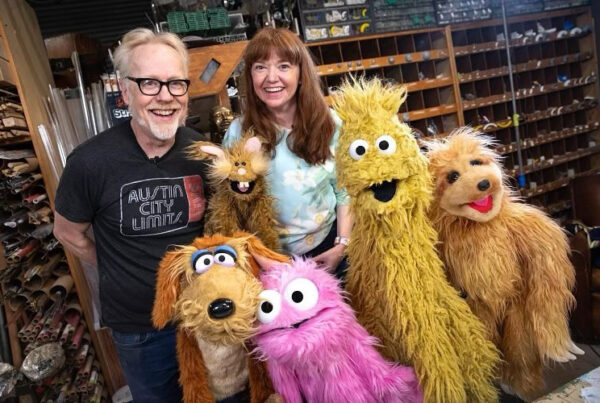This is a great talk about puppetry theory by Mervyn Millar, one of the UK’s leading puppetry directors and a key collaborator on Handspring Puppet Company’s War Horse. It was presented at TEDxCourtauldInstitute, a TEDx conference organized at the Courtauld Institute of Art in London, England earlier this year.
What’s especially interesting about this talk is that instead of discussing what puppeteers do, Mervyn focuses on what an audience does when it watches puppetry.
Some key points from the talk:
- Audiences are tuned-in to respond to behaviour that they observe.
- The human brain is designed to recognize consciousness.
- The limited nature of most puppets forces the audience to engage with them on a deeper level and as a result they get more out of them.
- Puppets are both tools that performs can use to express themselves and moulds that an audience can pour their emotions in to.
- The smallest movements often elicit the biggest response from an audience.
You can learn more about Mervyn and his work at www.significantobject.com.



